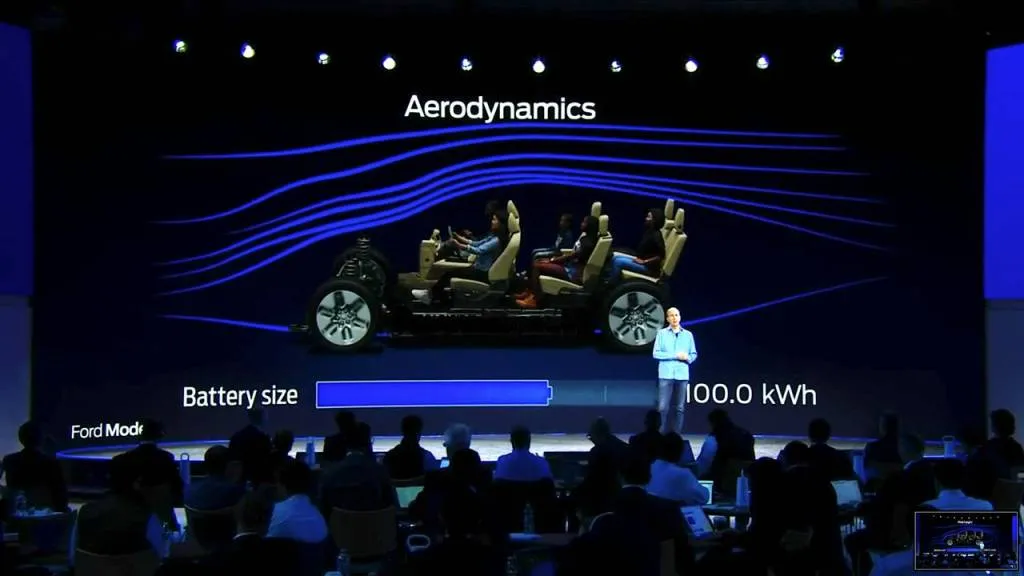The Tesla Cybertruck does without a 12-volt lead-acid accessory battery, shifting to a 48-volt electrical system. For a mass-produced vehicle, it’s an industry first, and Tesla CEO Elon Musk is taking on the role of 48-volt evangelist.
John Hayes, CEO of autonomous-driving software company Ghost Autonomy, recently posted on X (formerly Twitter) that Musk sent a « 48V architecture document to other CEOs » that was mentioned in one of the earliest (Tesla-placed) reviews of the Cybertruck.
Now it’s clear that at least one of them—the CEO of a very large automaker—has taken note.
They weren’t joking. We received the document today, dated Dec. 5th. Thanks, @ElonMusk. Great for the industry! https://t.co/DkLaHA84CY
— Jim Farley (@jimfarley98) December 7, 2023
Ford CEO Jim Farley posted that Ford received the document in question Dec. 5, calling it « great for the industry, » and hinting that Ford was also working on 48-volt architectures for next-generation EVs.
« Great to read the document and realize that our next-gen team has been on a similar path, » Farley wrote. « Let’s work together to help the supply base move into the 48V future as well. »

Ford Gen 2 electric SUV after efficiency improvements
Some automakers have introduced 48-volt systems in vehicles, but confoundingly, they’ve kept the 12-volt circuit for other items because those items have remained cheaper that way in mass-production—even though the wiring for 12-volt systems ends up being much heavier.
Many of the vehicles with partial 48-volt systems did some great things with the tech—including mild hybrid systems, like Ram’s eTorque system, and electric turbochargers, yet they needed an extra DC/DC converter for the 12-volt circuit.
Bosch, among suppliers, provided a 48-volt system as the basis of what the company called a « hybrid for everyone, » but that system also didn’t include (or even encourage) purging 12-volt hardware.
The 2021 Tesla Model S and Model X took a step toward eliminating this hardware by dropping the lead-acid accessory battery. Hyundai did something similar with its 2020 hybrids, replacing the lead-acid battery with a lithium-ion accessory battery—one still at 12 volts, however.

